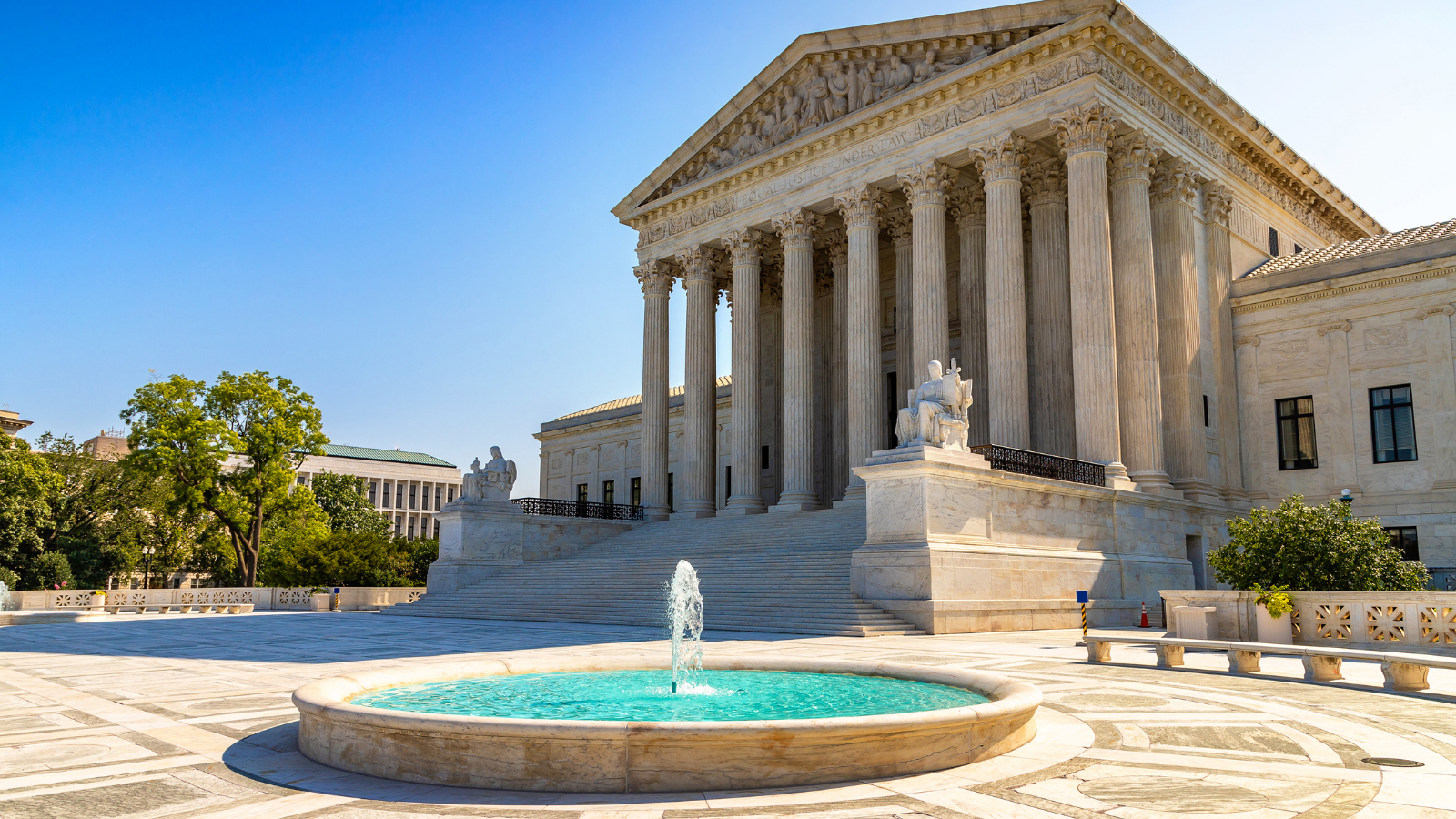SCOTUS Requires Stay of Proceedings Pending Interlocutory Appeals of Orders Denying Arbitration


A CCA Blog: The Aardvark*
By Neal M. Eiseman, President, College of Commercial Arbitrators
& Richard H. Silberberg, Past President, College of Commercial Arbitrators
Section 16(a) of the Federal Arbitration Act (“FAA”) authorizes an interlocutory appeal from a federal district court order denying a motion to compel arbitration. On Friday, June 23, 2023, a sharply-divided U.S. Supreme Court ruled in Coinbase, Inc. v. Abraham Bielski (No. 22–105) that if such an interlocutory appeal is filed, the order denying the motion to compel arbitration must be stayed pending the outcome of the appeal.
The practical effect of the ruling in Coinbase is that a party’s filing of an interlocutory appeal from an order denying a motion to compel arbitration will stop the underlying litigation in its tracks until the court of appeals determines whether the dispute should be referred to arbitration. In rejecting Bielski’s argument that an automatic stay would inordinately delay the resolution of disputes, Justice Kavanaugh, writing for the majority, stated that “the courts of appeals possess robust tools to prevent unwarranted delay and deter frivolous interlocutory appeals.”
Much had been written in anticipation of the ruling in Coinbase because it was the first cryptocurrency case to come before the Supreme Court. But make no mistake about it. The fact that the case involved cryptocurrency did not play a role in the decision. Rather, the opinion is significant for what it says about the Supreme Court’s continuing support of arbitration agreements.
Over the past two decades, the Supreme Court has enhanced the power of companies and employers to enforce arbitration provisions in their contractual arrangements with consumers and employees. The Court underscored its support for arbitration agreements in a series of decisions enforcing arbitration provisions containing increasingly-prevalent class waivers requiring that disputes against companies and employers be arbitrated on an individualized, rather than a collective, basis. Those and other rulings supportive of arbitration agreements have been rooted in the FAA, whose essential purpose was to enforce arbitration agreements in the same manner as any other contract.
It is at least arguable that the Coinbase decision goes beyond placing an arbitration agreement on the same footing as any other contract in determining its enforceability and, instead, as argued in the strongly-worded dissent, creates a special, arbitration-preferring procedural rule that does not otherwise exist in federal jurisprudence. The dissent, authored by Justice Jackson, and joined by Justice Kagan and Justice Sotomayor in its entirety, and by Justice Thomas in part, states that that “[t]his mandatory-general-stay rule for interlocutory arbitrability appeals comes out of nowhere. No statute imposes it. Nor does any decision of this Court. Yet today’s majority invents a new stay rule perpetually favoring one class of litigants—defendants seeking arbitration.”
Reactions to the Coinbase decision will likely depend upon how one feels about arbitration as an alternative to litigation for the resolution of disputes. In any event, the ruling leaves little doubt that the current composition of the Supreme Court will continue to support the enforcement of arbitration agreements.
*We are using the Aardvark moniker to denote our CCA Blog. The Aardvark will provide content from time to time about cases, developments and issues associated with the practice of Arbitration. We hope you will find the blog entries interesting and useful. We encourage you to watch for the Aardvark and its arbitration content that we hope you will enjoy.